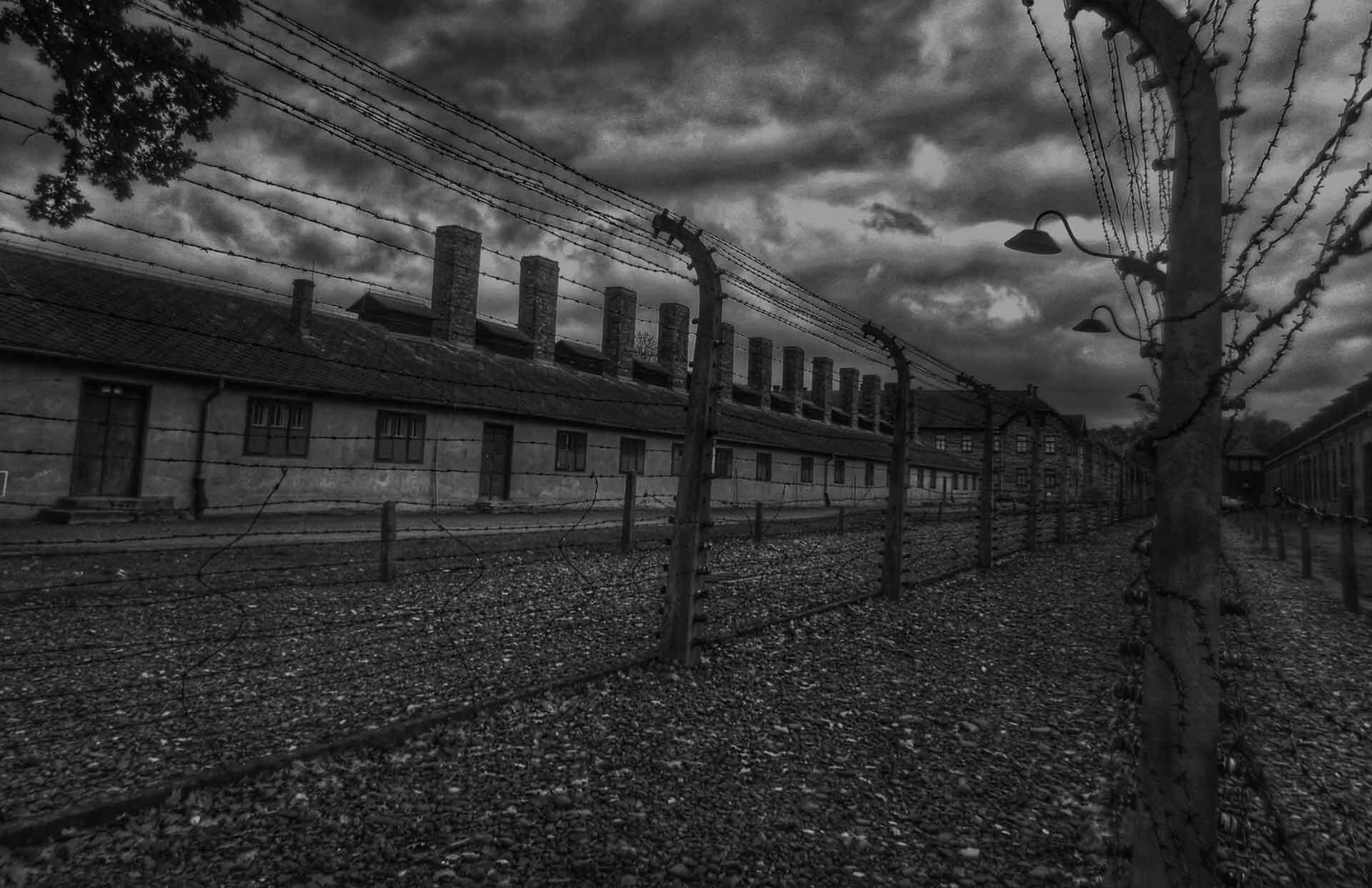If tolerance for difference is one of the lessons humanity is supposed to have learned from the Nazi era, the contemporary treatment of homosexuals around the world demonstrates that the lesson has not yet been learned. The need to defend and advance the human rights of homosexuals did not end with the defeat of the Nazi regime. Indeed, according to the International Gay and Lesbian Human Rights Commission, 87 countries currently maintain laws that prohibit or regulate sexual activity between consenting adults of the same sex. These laws are extremely broad in their scope and lend themselves to ideological interpretations which often serve as a pretext for the persecution of homosexuals. Such laws might, for example, outlaw "unnatural" or "indecent" sexual acts so that under their aegis the police or others sanctioned by the state can actively persecute homosexuals or gender minorities.
Still many states maintain morality laws against so-called anti-social or immoral behavior, in which arrest is justified by extremely vague terms such as "causing a public scandal" or "hooliganism." These laws are widely used by the police to arrest and harass homosexual men and women.
A survey of international public policies alone, however, does not convey the urgency of human rights education for sexual and gender minorities. According to a recent report by Amnesty International, homosexuals in many parts of the world still are subjected to the some of the same forms of torture, forced medical treatment, and arbitrary arrest that were perpetrated against homosexuals during the twelve years of the Nazi regime. In various countries around the world, homosexuals still are denied - solely on the basis of their sexual orientation - their basic rights to freedom of assembly, freedom of association, and freedom of speech. The horrifying reality is that Afghanistan, Yemen, Iran, Saudi Arabia, Russia, Jamaica, many places in Africa and many others each maintain that homosexual acts are a capital offense, and executions of people convicted of homosexuality have taken place in the most horrific ways.
Clearly, in different places throughout our contemporary world, much of the same discrimination and even some of the same crimes that occurred during the Nazi regime are currently being perpetrated against homosexual people. The past is not past, and history is repeating itself virtually every day. This is because the lessons of the Nazi persecution of homosexuals have not yet been taught or learned. I believe that one of the best ways to commemorate and historically legitimize those who were murdered by the Nazis is to prevent such atrocities from occurring again throughout the world.
We remember millions of Jewish women, men and children but, at the same time, not be taught about the many thousands of others who were considered scum under Hitler’s eugenics? Remembrance means embracing all victims; not just a few. It is entirely right that history lessons focused on the Jewish victims of the Holocaust. In a multitude of ways, the Nazis crimes against the Jewish people are without parallel – in scale, in their systematic nature, in their industrialized barbarism and more. But it is equally important to remember the thousands of other people, interned, tortured and killed in camps alongside their fellow citizens; only they wore a colored triangle instead of a star. Strip away the triangles and stars and you’re left with millions of people in striped uniforms – not just people in the same plight but victims of the same ‘ideal’, the creation of a ‘master race’.
To understand what happened to the Jewish Holocaust victims, we must understand the whole. By researching and writing about the fate of homosexuals under the Nazis and after the war, I have learned new lessons – some of which have been barely told over 70 years after the camps were liberated. The message of Holocaust Memorial Day is ‘never again’. History does repeat itself but never neatly or exactly. So it is only by striving to learn the whole truth that we can draw out the lessons we need for the future.
This is why we are making this film to educate future generations about the crimes perpetrated against homosexuals under the Nazi regime and to prevent crimes of the same sort from happening again. As people we try to find a happy ending to a story so we can deal with life in a normal manner and everybody is happy but not every story has a happy ending very often there is no ending at all our story our struggles continue our story has no ending.
We choose the "pink triangle" as our symbol: let's not forget the reason why.


